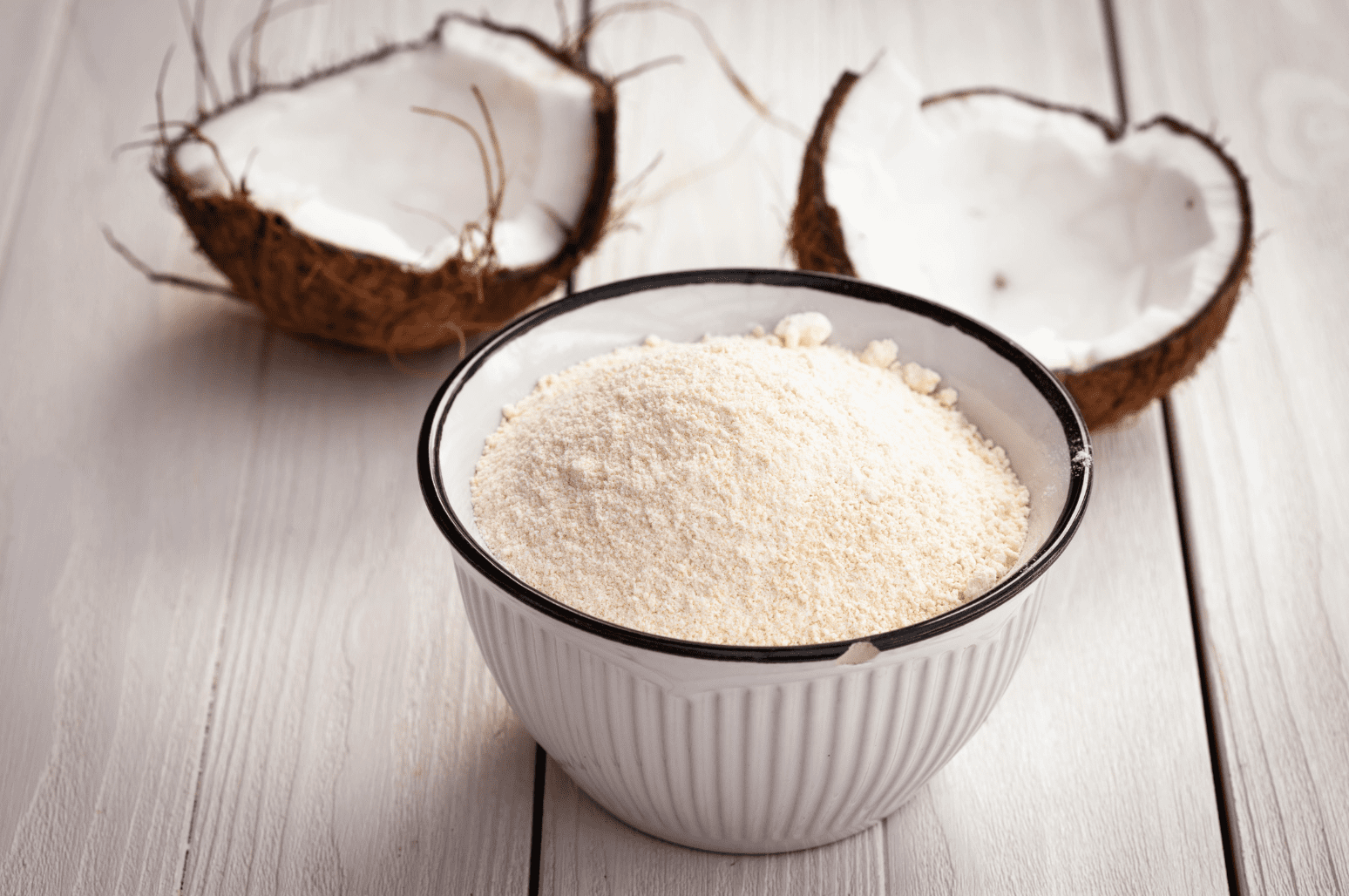
It likely comes as no surprise that what you eat can have a profound impact on how you feel, both physically and mentally. For those who struggle with bipolar disorder, it can be even more critical that they get a grasp on their manic highs and depressive lows. Keto may minimize the dramatic emotional fluctuations of the mood disorder in a healthy way.
Keep in mind that the keto diet is not a substitute for medical help for a mood disorder. However, it can help minimize daily symptoms and should be considered as part of a holistic treatment plan for your condition.
Here is what you need to know about keto and bipolar disorder to help you decide whether this diet is the right fit for you.
The Link Between Bipolar and Epilepsy
Much ink has already been spilled describing how effective ketosis is at treating epilepsy in children. [1] What many people do not understand is how it can also be effective at treating bipolar disorder. The truth is that anticonvulsant prescriptions have been found to be quite helpful in treating the symptoms of bipolar, often using the same drugs as people with epilepsy. [2]
Because both conditions are treated with the same medications, it stands to reason that those with bipolar disorder might also benefit from maintaining a keto diet.
What Early Research Studies Show

While there is still much more work to be done on how ketosis influences bipolar disorder and why, early studies are showing tremendous results. In one study, about 85.5 percent of people reported that a keto diet had a positive impact on their mood stabilization compared to those who tried other diets. [3]
The same study showed that people who adhered to keto had fewer depressive episodes, less brain fog, clearer speech, and more energy. The results lasted for months to years, depending on how long they stuck with the keto diet.
It is believed by medical professionals that many of the most effective mood-stabilizing medications reduce the sodium levels in cells, much in the same way that the keto diet does. [4] In another case study of two women with a specific subset of bipolar disorder (type II), it showed an equally helpful mood-stabilizing effect. After following the women for two to three years, both had better results with diet than they did with medication. [5]
Another key component that is thought to influence the role of mood states in bipolar disorder is the dysfunction of energy metabolism. In one study, adherence to the keto diet was shown to provide a new source of energy to the brain that offered neuroprotective effects and improved mood stabilization and reduced inflammation in the body. [6] Low-carb diets may help to improve impairments in energy metabolism that could contribute to greater issues with mood long-term.
The Benefits of the Keto Diet for Bipolar Disorder
Bipolar disorder can be a complicated condition to treat and many psychiatrists use trial-and-error to discover what works best for each individual patient. However, there are some inherent benefits to trying a dietary approach to supplement other treatment modalities.
The first is that there are no real side effects to the keto diet when followed properly. Unlike the heavy-duty medications that are often prescribed to impact mania and depression, ketosis can improve brain fog, fatigue, and general malaise rather than causing or worsening these symptoms. [7] [8]

Another issue that many people with bipolar disorder face with medications is increased weight gain. [9] The good news is that they may be able to combat some of this weight gain by adhering to a keto diet with a small calorie deficit. [10] Keto will allow them to feel full due to the satiety of the high-fat diet, but they will not be as tempted to binge eat or to consume foods that lead to weight gain such as excess carbohydrates.
Research Ongoing for Keto and Bipolar Disorder
The research is still ongoing and continues to uncover potential benefits to ketosis for those with bipolar disorder. The early research demonstrates that this could be an effective way to control some of the mood states present in bipolar disorder and can yield positive benefits that could help reduce the side effects of bipolar medication.
Because there are limited downsides to the keto diet, it may be worth a try to help you stabilize your moods and move forward from a place of health and ease. Be sure to talk about your diet with your psychiatrist and treatment team first to make sure that this is the right fit for you and your treatment regimen!
References
Winesett, S. P., Bessone, S. K., & Kossoff, E. H. (2015). The ketogenic diet in pharmacoresistant childhood epilepsy. Expert review of neurotherapeutics, 15(6), 621–628. https://doi.org/10.1586/14737175.2015.1044982
Grunze, H., Schlösser, S., Amann, B., & Walden, J. (1999). Anticonvulsant drugs in bipolar disorder. Dialogues in clinical neuroscience, 1(1), 24–40. https://doi.org/10.31887/DCNS.1999.1.1/hgrunze
Campbell, I. H., & Campbell, H. (2019). Ketosis and bipolar disorder: controlled analytic study of online reports. BJPsych open, 5(4), e58. https://doi.org/10.1192/bjo.2019.49
Sethi, S., & Ford, J. M. (2022). The Role of Ketogenic Metabolic Therapy on the Brain in Serious Mental Illness: A Review. Journal of psychiatry and brain science, 7(5), e220009. https://doi.org/10.20900/jpbs.20220009
Phelps, J. R., Siemers, S. V., & El-Mallakh, R. S. (2013). The ketogenic diet for type II bipolar disorder. Neurocase, 19(5), 423–426. https://doi.org/10.1080/13554794.2012.690421
Yu, B. J., Oz, R. S., & Sethi, S. (2023). Ketogenic diet as a metabolic therapy for bipolar disorder: Clinical developments. Journal of Affective Disorders Reports, 11, 100457. https://doi.org/10.1016/j.jadr.2022.100457
Altayyar, M., Nasser, J. A., Thomopoulos, D., & Bruneau, M., Jr (2022). The Implication of Physiological Ketosis on The Cognitive Brain: A Narrative Review. Nutrients, 14(3), 513. https://doi.org/10.3390/nu14030513
Batch, J. T., Lamsal, S. P., Adkins, M., Sultan, S., & Ramirez, M. N. (2020). Advantages and Disadvantages of the Ketogenic Diet: A Review Article. Cureus, 12(8), e9639. https://doi.org/10.7759/cureus.9639
Keck, P. E., & McElroy, S. L. (2003). Bipolar disorder, obesity, and pharmacotherapy-associated weight gain. The Journal of clinical psychiatry, 64(12), 1426–1435. https://doi.org/10.4088/jcp.v64n1205
Masood W, Annamaraju P, Uppaluri KR. Ketogenic Diet. [Updated 2022 Jun 11]. In: StatPearls [Internet]. Treasure Island (FL): StatPearls Publishing; 2023 Jan-. Available from: https://www.ncbi.nlm.nih.gov/books/NBK499830/









